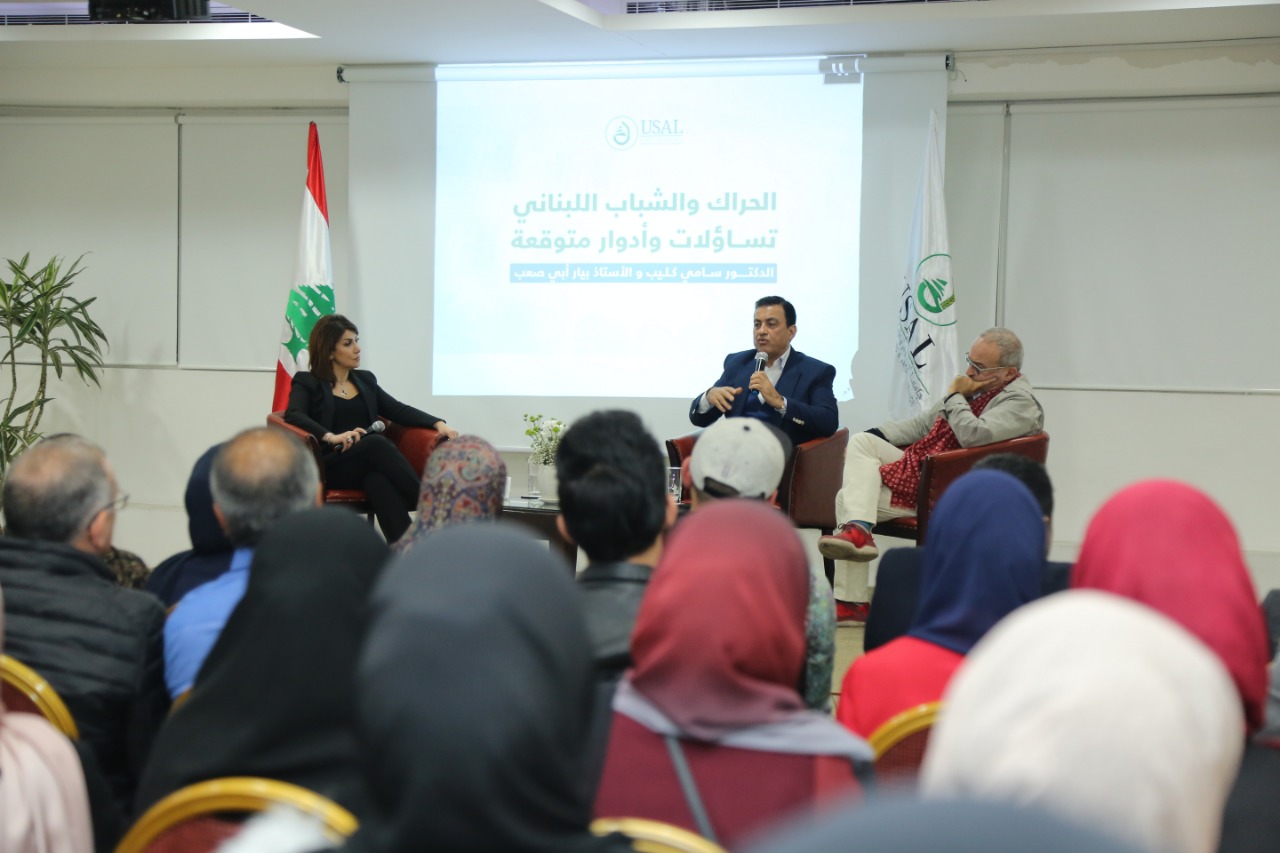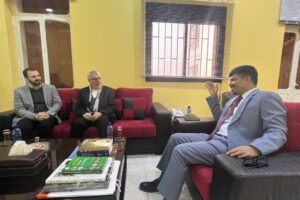The Movement and the Lebanese Youth: Questions and Expected Roles
- Posted by USAL
- Date December 16, 2019

Sami Kleib, Pierre Abi Saab and Samar Abu Khalil discussing “The Movement and the Lebanese Youth: Questions and Expected Roles”
The University of Sciences and Arts in Lebanon (USAL) organized a seminar hosting the journalists Sami Kleib and Pierre Abi Saab, the moderator of which was Political Talk Show Host And Senior News Anchor at Aljadeed Tv, Samar Abu Khalil. The seminar entitled “The Movement and the Lebanese Youth: Questions and Expected Roles” was held with the participation of the university students, interested university instructors and intellectual, cultural and social activists.
Mrs. Abu Khalil launched the seminar with a welcoming speech during which she emphasized: “the importance of bringing up current issues in academic and educational institutions” and considered that: “we may differ on the name of what we are witnessing today; is it a revolution, a movement, more than a movement or maybe less than an uprising?”.
She added: “names may vary, but what is happening today is an expression of people’s pains, and a platform to ask for their deprived rights of over a period of thirty years. Diversity is a great blessing in Lebanon, if we accept of other’s points of views so that we can build this country and live in harmony”.
Kleib
Mr. Kleib posed several questions some of which are: “What is the essence of the movement? What are the demands of the youth? Do the young have a project that can contribute to change? Is the movement related to what is happening in the world? Is it a lasting and dynamic state?”. He named the movement “The Uprising of Dignity, taking into consideration that what is happening is an uprising against the corrupted system”. He said that this movement “restored the hopes the people whose dignity has long been violated on the hands of the country rulers”.
Kleib pointed out that “the occurrences happening in Lebanon today are similar to what is happening in many other countries” stating that “there is a new generation who no longer believes in the various classical solutions, authorities or traditional parties”. He added that “this movement is driven by something unprecedented, but the problem is that this target has not yet been formulated to its ultimate form. This allows skeptical persons to undermine its importance”.
“On the other side” he said “the events happening in the area are serious, starting at Hong Kong to Bolivia, Iraq, Syria, Lebanon and Iran, and they should not be excluded from the American agenda which is trying to infiltrate these environments. Thus, concerns are justified, but is the way they are being handled right or not?”
“There is an overwhelming strength and overwhelming hope; strength on the part of a group of parties in power who think that what is happening will end soon, fall apart, and collapse. They think that its components will collide with each other. Facing that, is the overwhelming hope on part of the people who are still loyal to the movement, who think they are capable of toppling the system overnight”, Kleib concluded.
He saw that: “there shall be no solution rather than the people of overwhelming strength yielded to a number of concessions and the people of overwhelming hope accepted a number of rational enforceable decisions”.
Abi Saab
For his part, Mr. Pierre Abi Saab assured that “the greatest trap preventing us from implementing change is the plague of sectarianism” considering that “the rage filling the streets is sacred; no one can undermine it or question its backgrounds”. Abi Saab posed several questions on “how to establish a movement of true demands, so that we are not confined to mere slogans and mottos after 50 days of the movement”.
Abi Saab asked “whether the movement has yet established its leadership that can negotiate with the authorities through a definite political and economic program based on the notions of justice, equality and nonsectarianism”.
“If we cannot establish a radical state of change based on a transitional program that transfers this rage into a power that has the potentiality of a long-lasting existence in the political scene, manifested in the administration of the country, then the movement shall not succeed, it will rather be prone to all types of questioning and it will be accused of treachery”, he added.
Abi Saab concluded that: “any battle for change that is excluded from the battle for liberation is incomplete and prone to fail, and may drive the country to areas we don’t want to reach” and he warned from “any attempt to separate the movement from what is happening in the world whether it be deliberately or due to ignorance”. Abi Saab pointed out that “we should not disregard Lebanon’s geopolitical location, being situated in the middle of a number of conflicts in the area; we have America in front of us and the Israeli enemy bordering us”.
He also said: “On the other hand, the resistance fighters who offered their souls, and presented all that they have to preserve the dignity of the Arabs, must become a part of this battle for social change and justice. The resistance shall not stay weak in areas of social, class-related and libertarian change in the society”.
It is worth mentioning that the meeting was distinguished for the interaction between the speakers and the participants who asked many questions relevant to the concerns of students about political, economic and social status, in addition to the future of the movement and the outlook for what will happen next.
Tags: Pierre Abi Saab, USAL, University of Sciences and Arts in Lebanon, Sami Kleib, Samar Abu Khalil, Media Students, Faculty of Media, Seminar.




